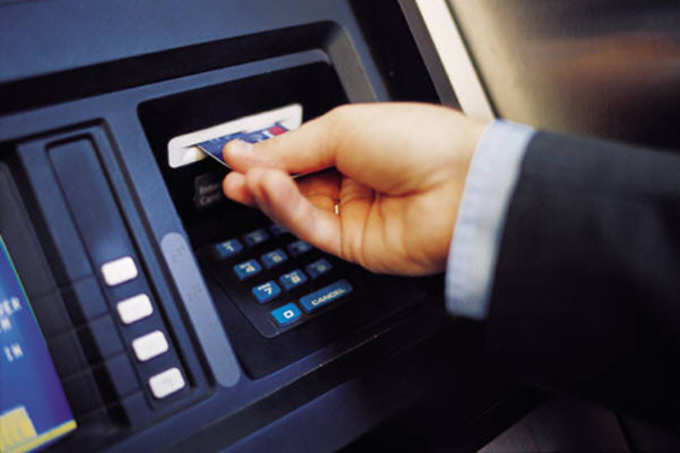
With the government proposing that
The proposal says that private cash transportation agencies must collect cash from the banks in the first half of the day for replenishing ATMs.
Also, specially designed cash vans, fitted with CCTV and GPS, should not carry more than Rs 5 crore per trip. Such vans must have two independent compartments, with the one for storing cash to be separated and locked from passenger compartment and the cash compartment being specially reinforced with steel and only one door which can be opened internally through a manual or electronic lock. The cash boxed must also be secured to the van floor with separate chains and padlocks with their keys entrusted to separate custodians, Centre says.
At all times, two armed guards and driver in each van must be trained to "disengage with the situation and drive vehicle to safety" in case of an attack. They must be trained comprehensively over 160 hours before being put on the job - specifically to spot threats and risks like being tailed by vehicle-borne criminals, insider's threat and how to use weapons to deter and resist criminals while disengaging with the situation and driving vehicle to safety.
Antecedents of private guards and drivers hired by private security agencies must be verified by police and each such individual be asked to produce two guarantors of "good standing", including one serving or retired government servant, at the time of getting the job. These are all part of a new guidelines and risk mitigation procedures the government is proposing for secured cash movement by leading private players in the industry.
It’s pertinent to note here that heightened security is called for as nearly 8000 privately owned cash vans ferry around Rs 15000 Cr daily between banks, currency chests and ATSs - they also hold nearly Rs 5000 Cr overnight in their private cash vaults on behalf of the banks. There have been a spurt in attacks, hijacking and looting of cash vans which are seen as soft targets.